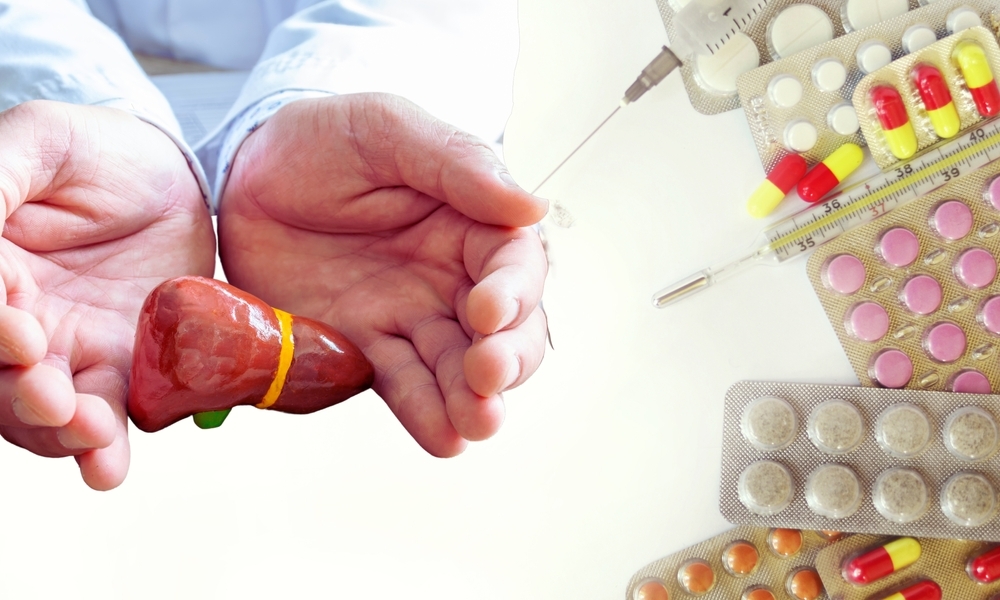
Written by:

Medically Reviewed by:
Last Updated:
June 4th, 2025
Alcohol Addiction | Signs, Symptoms & Effects
Alcohol is so ingrained in daily life that it’s easy to miss the moment when casual drinking becomes something more serious. A glass of wine with dinner or a pint after work may seem harmless—until they’re not. Because alcohol is everywhere, the early signs of addiction can slip by unnoticed, making it harder to recognise when you or someone you love is beginning to struggle. That’s why it’s crucial to understand how alcohol addiction starts, what fuels it, and how early support and the right treatment can make all the difference.
What is alcohol addiction?
Alcohol addiction, or alcohol use disorder, is a serious, long-term condition where drinking becomes something you can’t control, even when it’s damaging your health, relationships and wellbeing.
A lot of people drink casually, and for many, that never turns into a problem. Casual drinking usually means being able to take it or leave it with no strong emotional pull, no cravings and no fallout if you don’t drink. It doesn’t control your thoughts or affect your daily functioning.
Alcohol addiction means you can’t stop even if you want to. This is estimated to be the situation for over one hundred million people across the globe with three million dying each year as a result.
Alcohol addiction UK factsheet
- In 2023, the UK recorded 10,473 alcohol-specific deaths (the highest number on record).
- Between April 2023 and March 2024, 159,433 people were receiving treatment for alcohol-related issues.
- In England during 2023/24, there were 280,747 hospital admissions where the primary diagnosis was an alcohol-related condition.
- There were another 1,018,986 admissions where alcohol was a primary or secondary factor.
- Over two-thirds of individuals entering alcohol treatment reported a need for mental health support, showing the close relationship between mental health and addiction.
How do you become addicted to alcohol?
Alcohol addiction is often a slow slide that you barely notice until you’re already deep in. Because it develops so gradually, it can be easy to miss the warning signs of alcohol addiction until things have already spiralled.
At the start, it is all fun, with games, weekend drinks, celebrating with friends, or something to relax after a particularly tough day at work. At this point, your drinking may only be an occasional thing that feels entirely under control.
Over time, however, those occasional drinks can turn into habits, and you need a beer every evening to unwind or find that your weekend drinking starts earlier and finishes later. With this increase, your body starts adjusting to the alcohol so you need more to get drunk or relax. This is called tolerance, and it is a stepping stone to dependence, where your brain and body have become so reliant on high levels of alcohol that drinking shifts from something you want to something you need.
If you then go without alcohol, your mood tanks, you start feeling shaky or unwell and the only way to stop the feelings is to start drinking again. Once you are physically dependent, your life can begin to revolve purely around alcohol. You may start drinking in the morning, use alcohol just to get through the day, and soon it begins to destroy your life completely.
Alcohol addiction symptoms to look out for
Because alcohol is everywhere, it’s not always easy to spot when casual drinking turns into something more serious. But if your drinking is starting to raise questions in your own mind, here are some alcohol addiction symptoms that you need to look for:
- You often find yourself looking forward to your next drink more than you probably should.
- You’ve downplayed or hidden how much you drink from friends or family.
- A tough day often ends with a drink or two or more.
- You feel shaky, sweaty or anxious when you haven’t had a drink in a while.
- You need more alcohol now than you used to just to feel anything.
- Drinking is starting to get in the way of work, relationships or day-to-day life.
- You’ve promised yourself you’ll stop or cut down but it didn’t last.
- You keep drinking even when it’s clearly causing problems.
If these sound familiar, you may need alcohol detox and alcohol rehab treatment to get things back on track.
Why is alcohol addictive?
Part of the reason why alcohol addiction is so widespread is because of how accessible and normalised alcohol is. While anyone can develop an addiction, there are specific factors that increase your risk and make alcohol more addictive for some people than others:
What harm do alcohol abuse and addiction cause?
Alcohol abuse and addiction can hurt your life in many serious ways, from your health to your personal relationships. Here’s how alcohol addiction can turn things upside down:
- Liver damage like fatty liver, hepatitis and cirrhosis which can be life-threatening if left untreated
- Heart issues including high blood pressure, irregular heartbeat and increased risk of stroke
- Stomach and digestive troubles like inflammation of the pancreas or chronic gastritis
- Mental health struggles, including depression, anxiety and mood swings
- Memory problems and brain fog, affecting everything from learning to decision-making
- Potential increased risk of cancers, particularly in the throat, mouth, liver and breast
- Work, school and relationship issues
- Legal and financial trouble
What does treatment for alcohol addiction involve?
At Linwood House, we treat alcohol addiction with the respect and understanding you deserve. It all starts with helping your body through detox safely and gently, with medical support right there when you need it.
Then comes the part where we figure out why alcohol became something you lean on or what you were trying to manage or escape by drinking. Through different forms of therapy, we help you put the pieces together and find better ways to cope.
When you’re ready to integrate those tools back into your daily life, our aftercare plan provides support with group therapy, relapse prevention tips and someone to lean on whenever you need a reminder that you’re not doing this alone.
Seek help for alcohol addiction today
Alcohol addiction can derail your life but Linwood House can help get your life back on track. Contact us today, and we will help you through every stage of treatment and beyond. With our experts by your side, true and lasting recovery is infinitely possible.






















